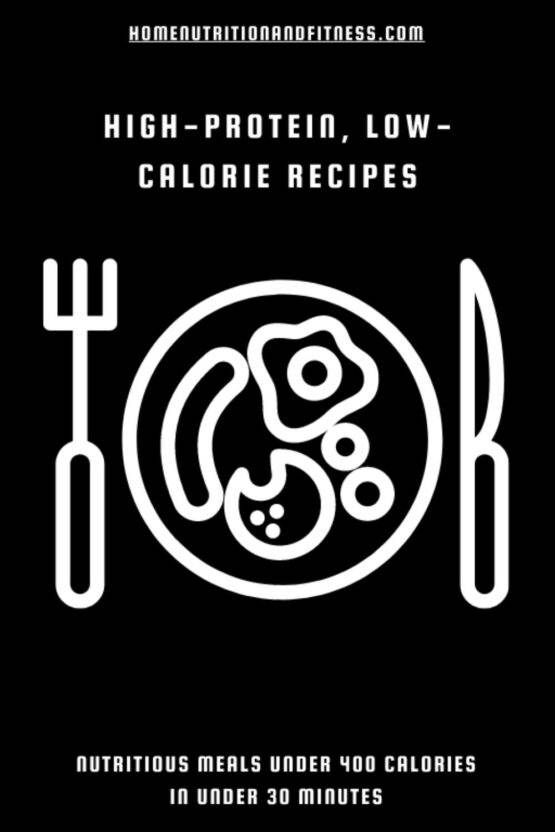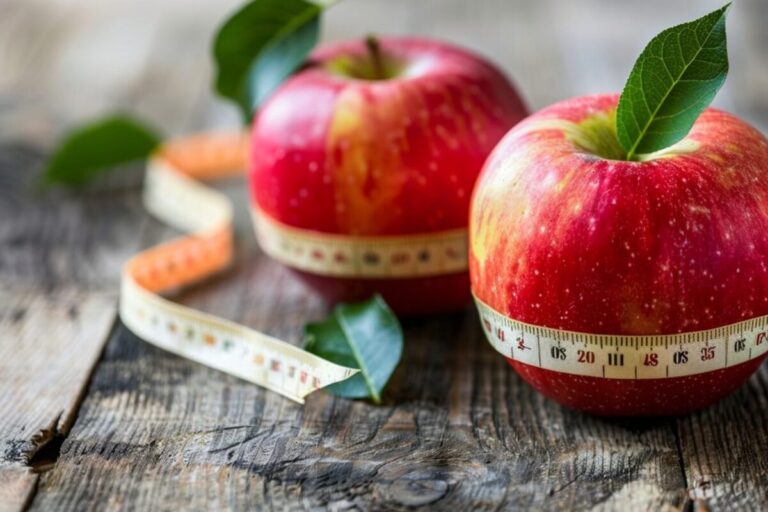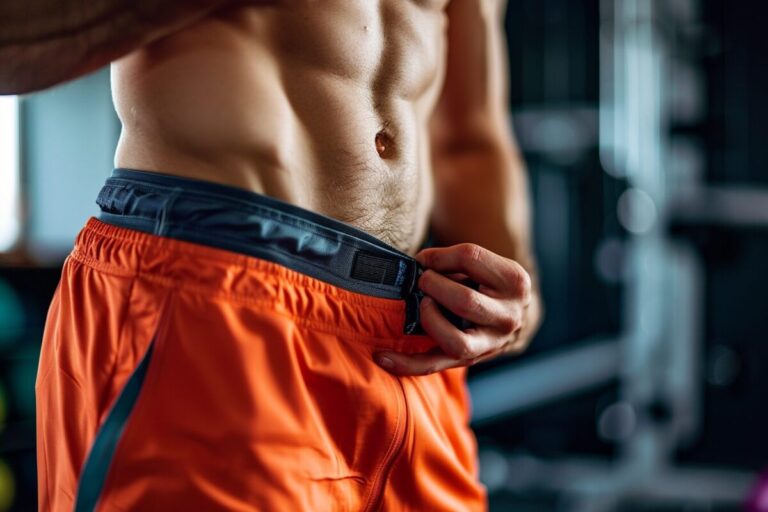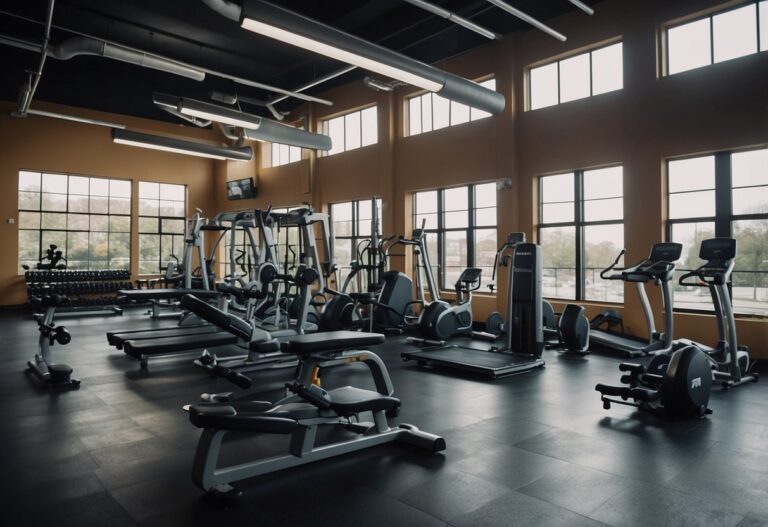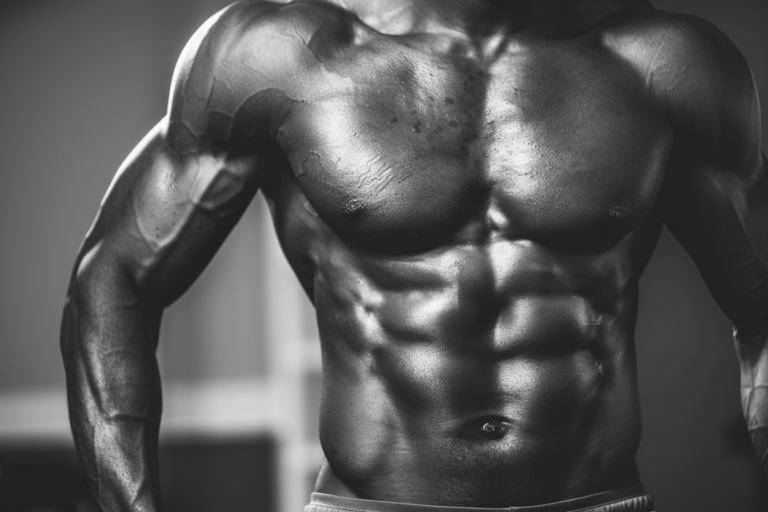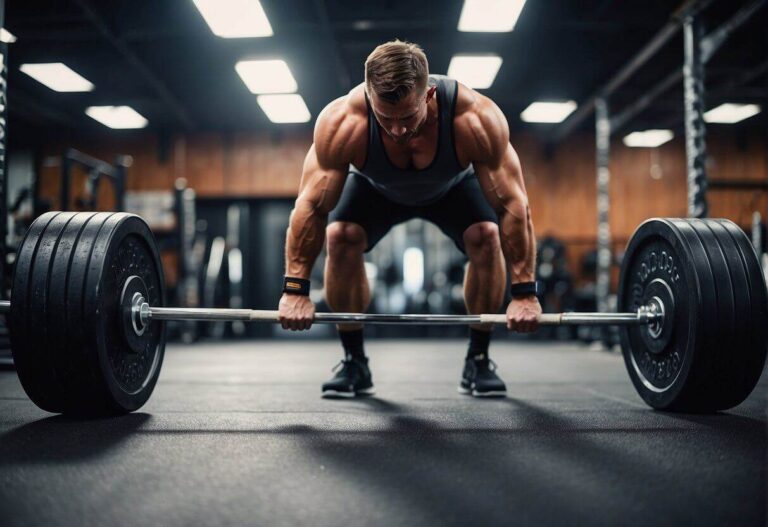Protein is a key element in a bodybuilder’s diet, crucial for muscle growth, repair, and supporting the immune system.
It also helps to boost metabolism and prevent muscle breakdown during workouts.
Various protein supplements are available to meet your dietary needs.
Without enough protein intake, the body may use muscle tissue for energy, hindering gains and increasing injury risk.
Adequate protein consumption is vital for achieving desired workout results.
Effects of Protein on Muscle
Protein is essential for muscle growth and repair, playing a crucial role in helping muscles recover after workouts.
Insufficient protein intake can lead to muscle breakdown, hindering the desired fitness gains.
Developing Muscle Mass
To promote muscle growth, you must consume more calories than your body burns, known as a calorie surplus.
When you’re in a calorie surplus and engage in weightlifting, the extra calories are used by your body to build muscle.
Building Blocks of Proteins
Proteins consist of amino acids, with nine essential amino acids that the body cannot produce independently.
To support muscle growth, it’s crucial to obtain these amino acids through your diet.
While meat is a primary source of amino acids, supplements can also provide them.
Optimal Protein Intake
The amount of protein you should consume depends on factors like your weight, activity level, and muscle-building objectives.
A general guideline suggests 0.36 grams of protein per pound of body weight, equating to about 65 grams per day for a person weighing 180 pounds.
If muscle growth is your goal, increasing protein intake to 1-2 grams per pound of body weight, as supported by studies, can be beneficial.
Top Protein-Rich Foods
Protein sources vary and include both animal-based and plant-based options.
Animal-based proteins like beef, chicken, fish, eggs, and dairy are considered complete proteins as they provide all nine essential amino acids.
On the other hand, plant-based proteins such as beans, lentils, and quinoa are incomplete, lacking certain essential amino acids.
Combining incomplete proteins, like pairing rice with beans, can create a complete protein containing all essential amino acids needed by the body.
Supplementing with Protein
Whey protein isolate comes from cow’s milk and is a high-quality protein supplement.
It contains little fat and carbs, making it a great protein source.
The body can easily absorb its nutrients due to its high bioavailability.
In addition to whey protein isolate, there are other options like casein protein, plant-based powders, and egg protein available.
This variety allows you to find the right product that suits your needs.
Explore various protein supplements with the assistance of a comprehensive nutrition guide.
When Should You Eat Protein?
Eating protein throughout the day is crucial, especially when aiming to build muscle.
By including a small amount of protein in each meal, you can work towards meeting your daily protein needs effectively.
Distributing your protein intake evenly across the day not only supports your muscle growth but also helps prevent muscle breakdown.
If you consume all your protein in one sitting, your body may resort to breaking down muscle tissue to obtain the necessary amino acids it requires.
Significance of Protein for Bodybuilders
Bodybuilders rely on protein for muscle growth and repair, as well as to support their immune system and metabolism.
Meeting your protein needs is vital for achieving desired results from your workouts.
To optimize protein intake, it’s beneficial to consume protein throughout the day from both animal and plant sources.
Including protein supplements can also assist in reaching your daily protein requirements, with whey protein isolate being a particularly effective option due to its high bioavailability.
Ideal Diet and Exercise Routine
There is no one-size-fits-all diet or workout plan because everyone’s needs and preferences vary.
It’s crucial to discover a sustainable diet and exercise regimen that works best for you in the long term to achieve optimal results.
Tailoring your diet to your specific goals is essential; for muscle building, higher protein intake may be necessary compared to weight loss goals.
Incorporating resistance training exercises and ensuring your calorie intake aligns with your workout routine are key components for success.
Common Errors in Muscle-Building
A common mistake in muscle building is not consuming sufficient protein, essential for muscle growth.
Inadequate protein intake can lead to muscle breakdown, hindering progress and risking injury.
Additionally, insufficient rest between workouts impacts muscle recovery and growth. Giving muscles time to repair is crucial for seeing desired results.
Balancing exercise with adequate rest is key; overtraining without proper recovery may impede muscle gains.
Summary
Bodybuilders need protein to help their muscles grow and recover.
Protein also supports their immune system and keeps their metabolism running smoothly.
Make sure you’re getting enough protein every day to see the best results from your workouts.
To get the most out of your protein intake, try to eat protein from both animal and plant sources throughout the day.
You can also consider using protein supplements, like whey protein isolate, to help meet your daily protein needs efficiently.

